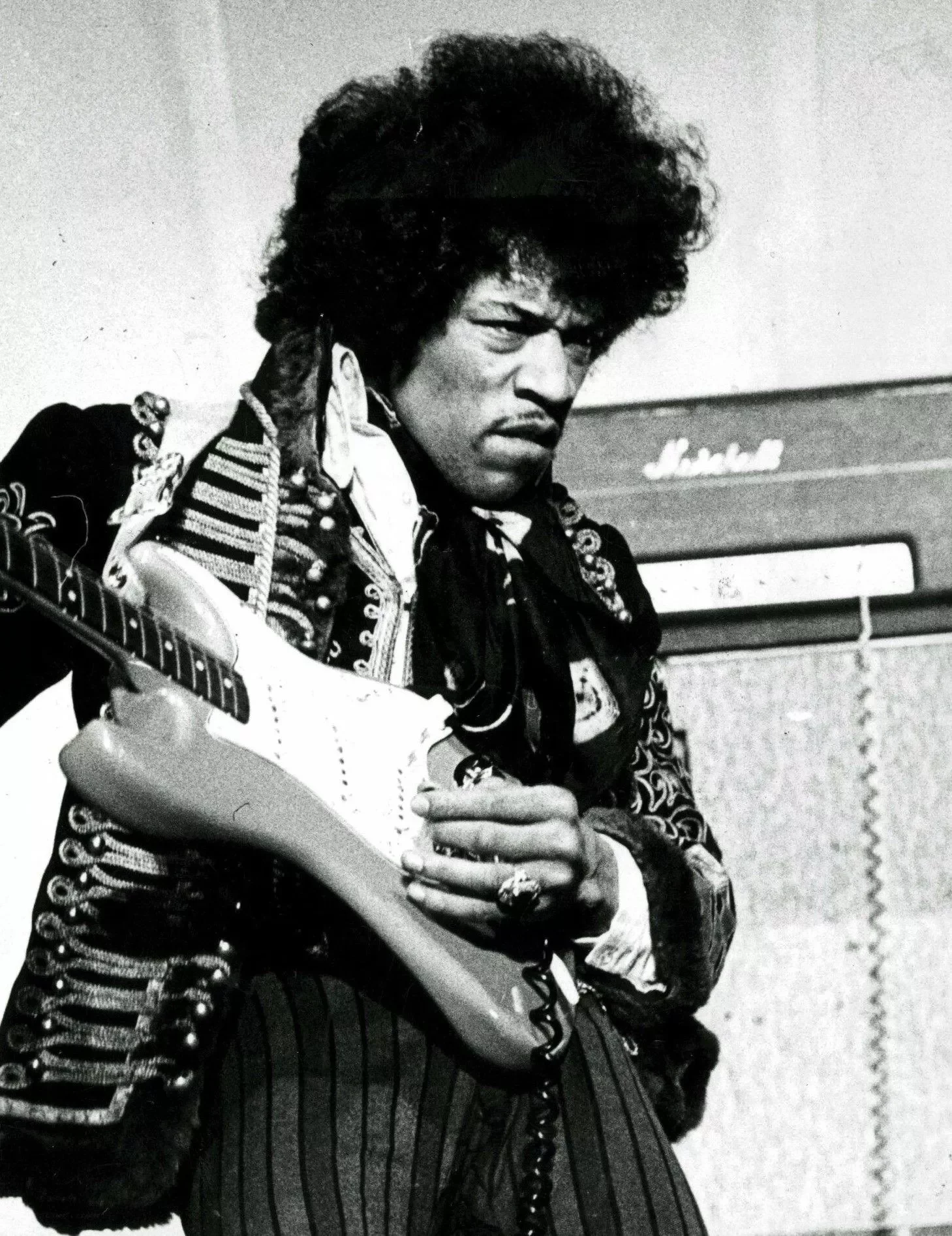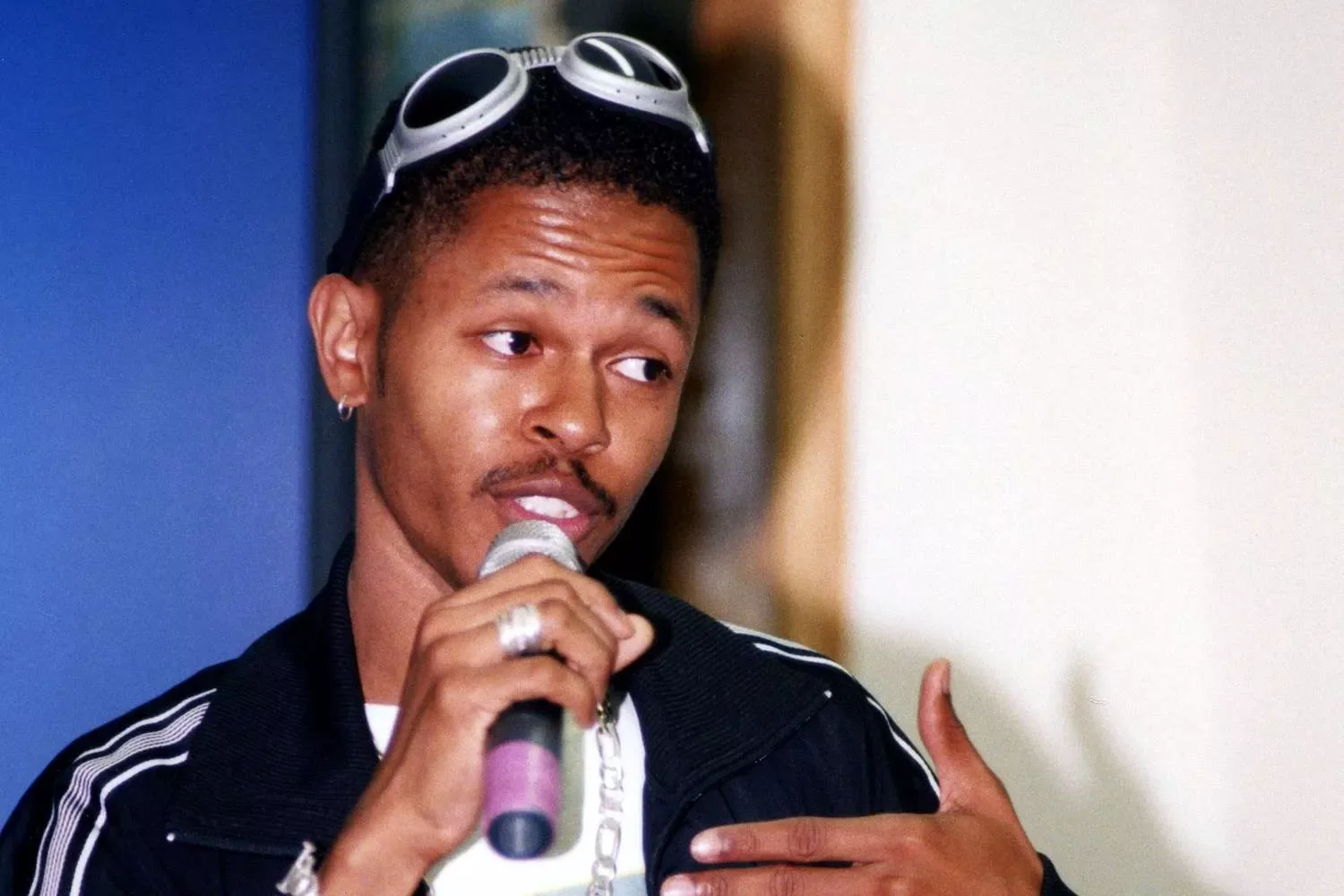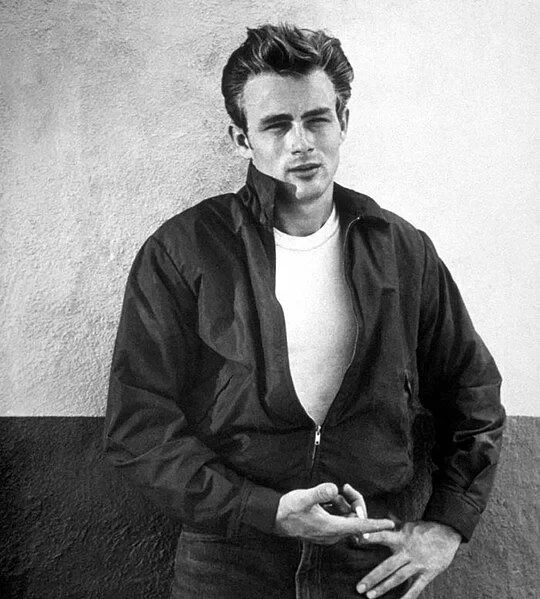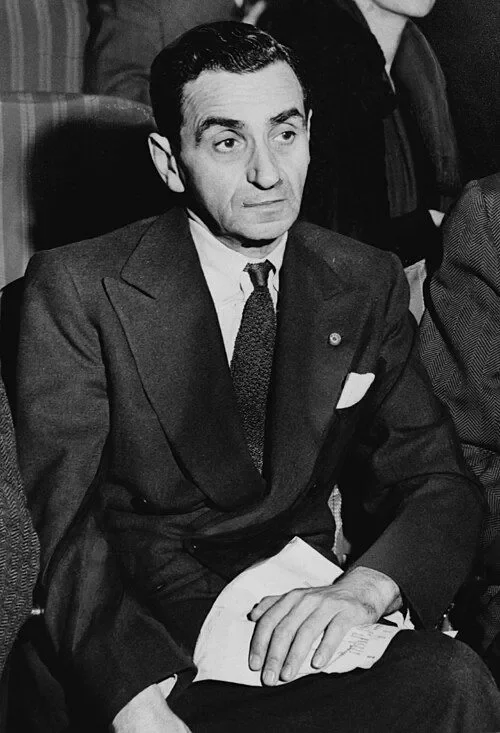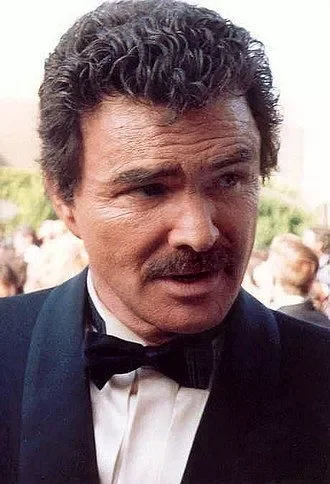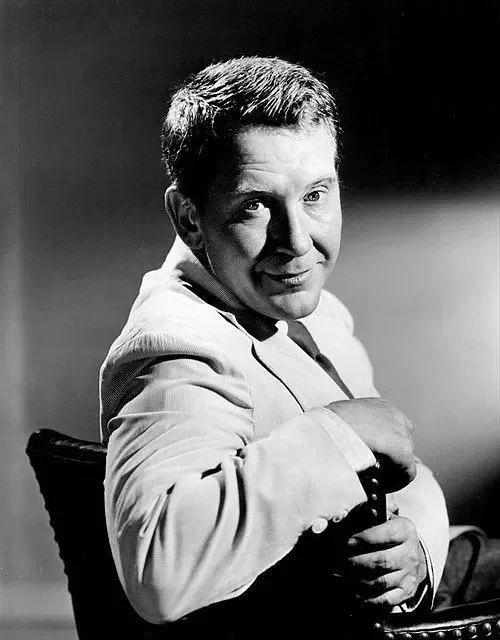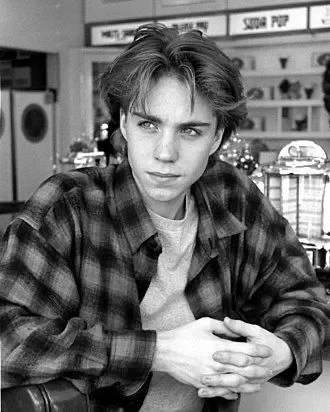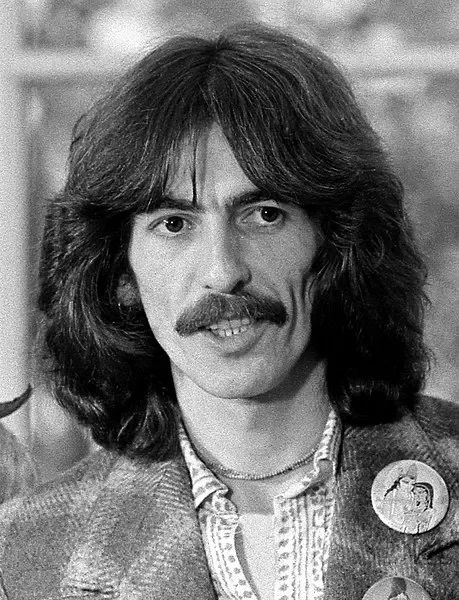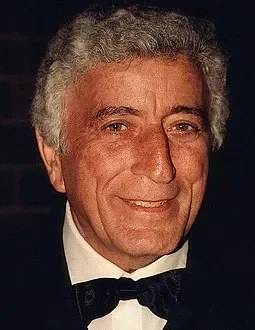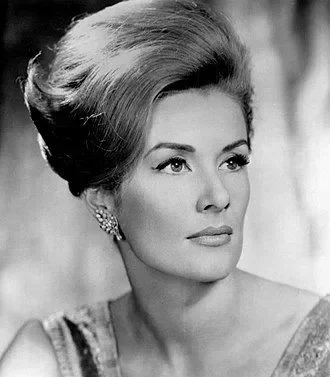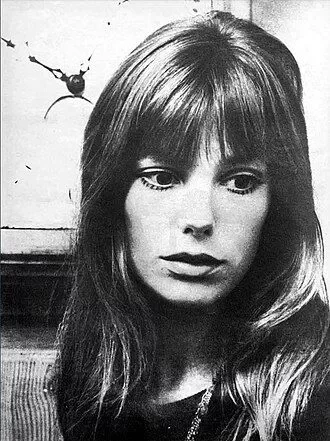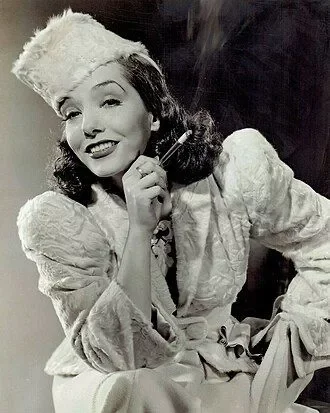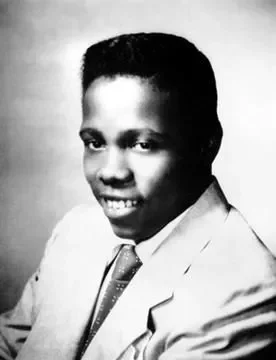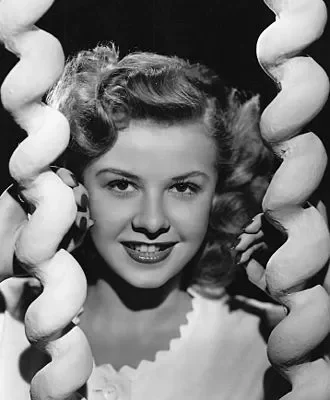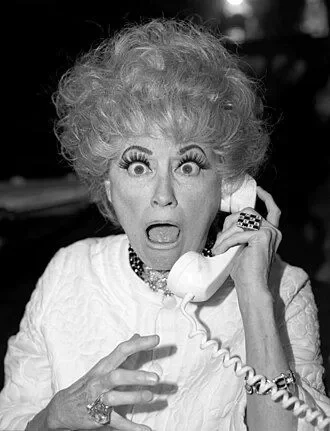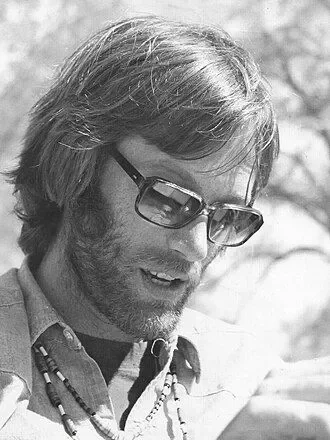Real Celebrities Never Die!
OR
Search For Past Celebrities Whose Birthday You Share
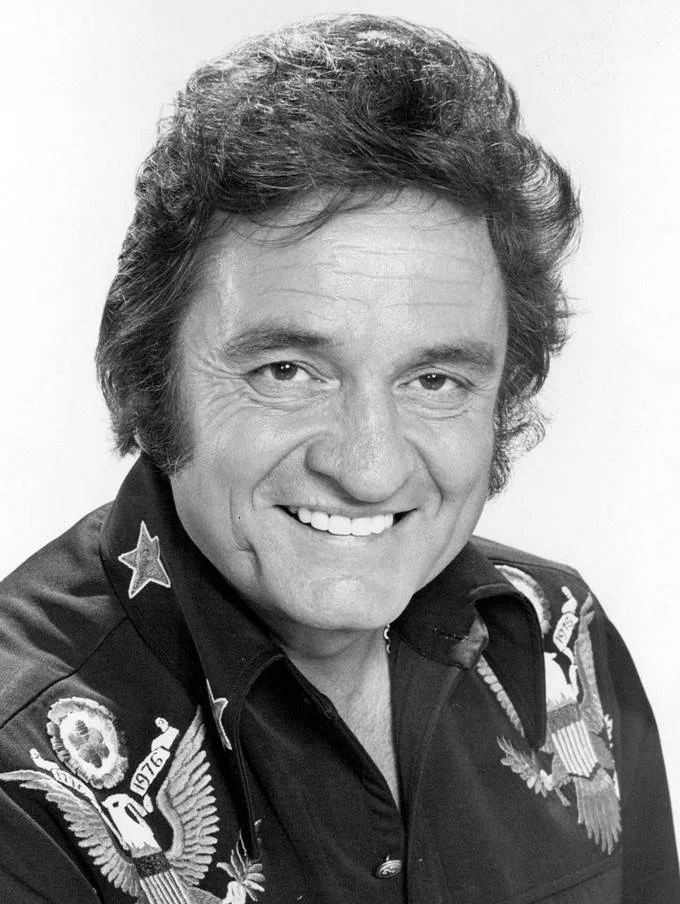
source: wikipedia.org
Johnny Cash
Birthday:
26 Feb, 1932
Date of Death:
12 Sep, 2003
Cause of death:
Complications of diabetes
Nationality:
American
Famous As:
Actor
Age at the time of death:
71
Johnny Cash's Quote's
Early Life
Johnny Cash was an American singer-songwriter who played an instrumental role in shaping the genre of Country and Western music. He was born in 1932 in Arkansas and grew up in a poor farming family. Despite enduring significant difficulties in his formative years, he cultivated a profound passion for music. He learned to play the guitar from his mother and friend.
Military Service and Early Career
Cash enlisted in the Air Force in 1950 and served in Germany, where he wrote his first songs. He married Vivian Liberto in 1954 and moved to Memphis, where he worked as an appliance salesman while also pursuing a music career simultaneously.
Breakthrough with Sun Records
After auditioning for Sam Phillips, Cash signed with Sun Records, where he recorded his first single, “Hey Porter,” in 1955. He had his first hit with “I Walk The Line” in 1956, which became his signature song. During his tenure at Sun Records, he recorded other classics such as “Folsom Prison Blues,” “Big River,” and “Ballad of a Teenage Queen.”
Artistic Evolution at Columbia Records
Cash left Sun Records and signed with Columbia Records in 1958, where he was given more artistic freedom to explore a wide range of songs. He wasn’t afraid to experiment with different musical styles such as gospel, folk, blues, and country.
Struggles and Personal Life
Cash’s career was affected by his drug addiction and marital problems in the 1960s. He was detained multiple times due to charges that were related to drug offenses. During this time, he engaged in a romantic relationship with June Carter, who was a popular country singer and a member of the famous Carter family. He divorced Liberto in 1966 and married Carter in 1968.
Revival of Career
Cash’s career revived again in the late 1960s and early 1970s due to his live albums such as “At Folsom Prison” and “At San Quentin.” He also hosted his own television show, The Johnny Cash Show, where he showcased various musical guests. He campaigned strongly for prison reform and recorded some of his biggest hits during this period such as “Ring of Fire,” “A Boy Named Sue,” “Man in Black,” and “One Piece at a Time.”
Decline and Comeback
As the musical landscape and people’s tastes changed in the late 1970s and 1980s, Cash’s career declined again. He left Columbia for Mercury Records in 1986 but failed to replicate his previous successes. He rejoined Columbia again in 1990 before he was dropped by the label in 1991.
Later Years and Legacy
Cash made a comeback in the 1990s with his American Recordings series, which was produced by Rick Rubin. His albums during this period received critical acclaim and won several awards. Cash’s health deteriorated in the late 1990s due to diabetes and respiratory problems. However, he still continued to record songs until he passed away in 2003.
Name:
Johnny Cash
Popular Name:
Johnny Cash
Gender:
Male
Cause of Death:
Complications of diabetes
Spouse:
Place of Birth:
Kingsland, Arkansas, U.S.
Place of Death:
Nashville, Tennessee, U.S.
Occupation / Profession:
Personality Type
Virtuoso: Johnny Cash was a bold and practical person who was known for his technical mastery and willingness to improvise.
Cash was inducted into the Country Music Hall of Fame, the Rock and Roll Hall of Fame, and the Gospel Music Hall of Fame, making him one of the few artists to achieve this triple honor.
Cash was known as the "Man in Black" due to his signature all-black stage attire, which he wore to represent the downtrodden and marginalized in society.
Despite his tough persona, Cash was an ordained minister and wrote a novel about the Apostle Paul titled "Man in White," showcasing his deep religious convictions.
He recorded two of his most famous live albums, "At Folsom Prison" and "At San Quentin," inside actual prisons, solidifying his outlaw image and advocating for prison reform.
He received his star on the Hollywood Walk of Fame in 1960
He was inducted into the Country Music Hall of Fame and Museum in 1980
He was inducted into the Memphis Music Hall of Fame in 2013
He was inducted into the Nashville Songwriters Hall of Fame in 1977
He was inducted into the Rock and Roll Hall of Fame in 1992
Johnny Cash won 18 Grammy Awards during his life

